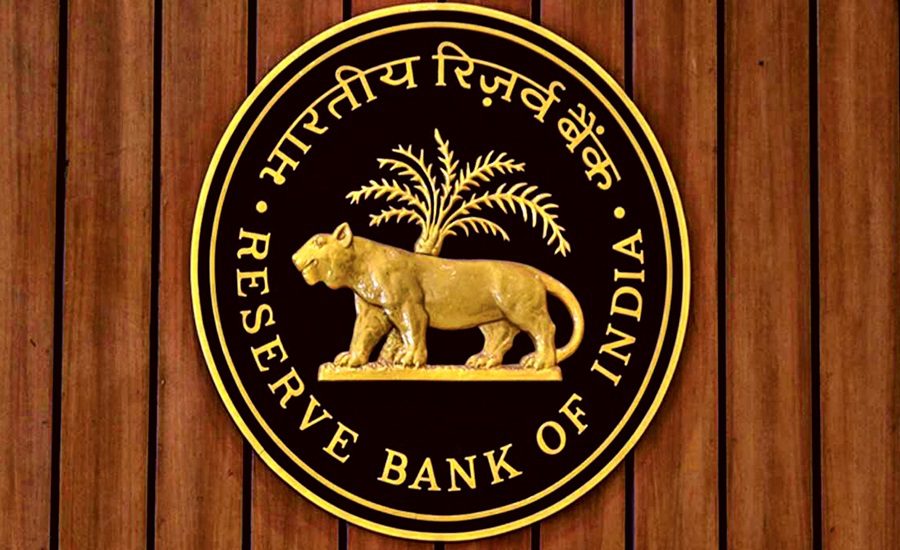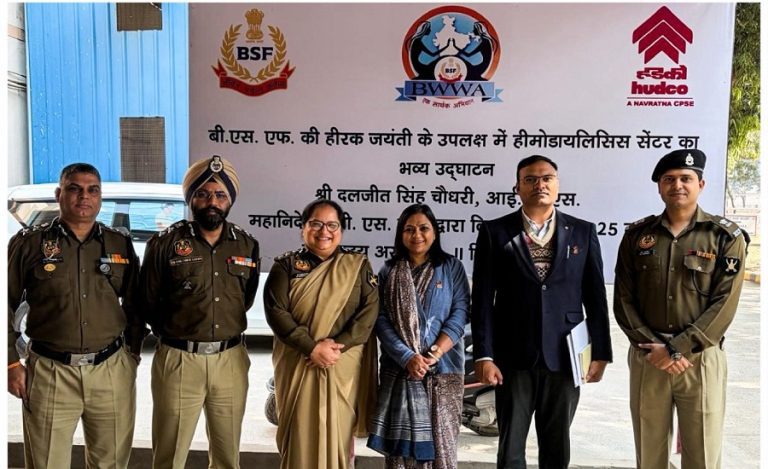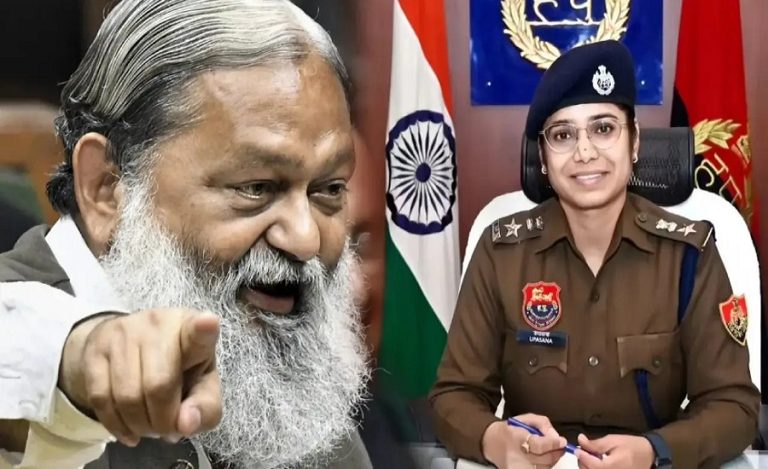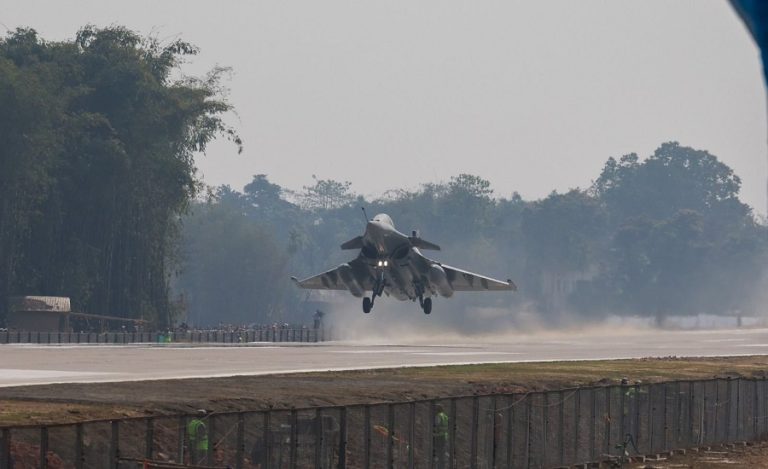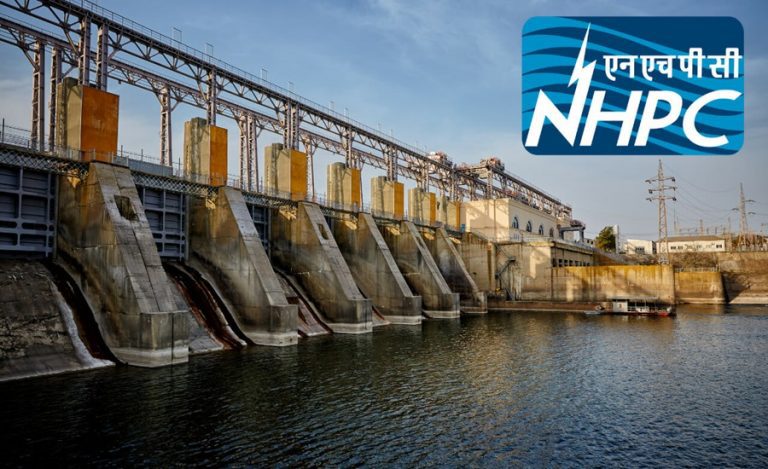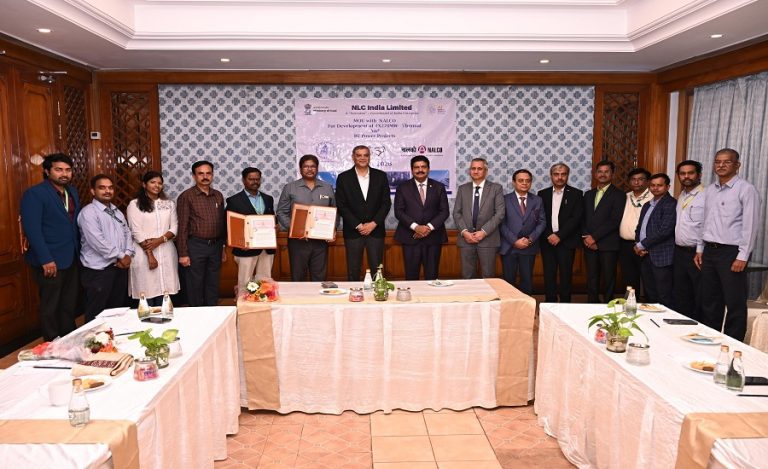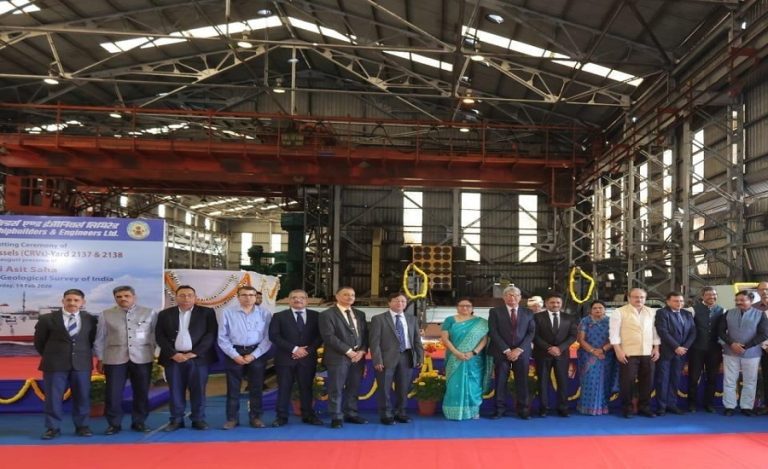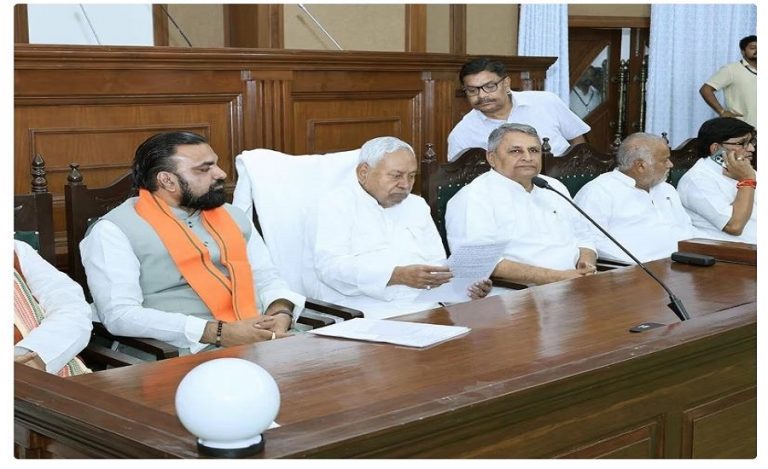New Delhi: In a significant step to improve the efficiency of cheque clearing and enhance customer experience, the Reserve Bank of India (RBI) has announced a new mechanism under the Cheque Truncation System (CTS) that will enable cheques to be cleared within a few hours of being presented to banks. The changes will be implemented in two phases, starting from October 4, 2025.
What Will Change from October 4?
Currently, cheques are cleared through a batch-based CTS system with a clearing cycle of T+1 or up to two working days. From October 4, however, the process will move to continuous clearing and settlement on realisation, significantly reducing the time taken for clearance.
Cheques will be scanned and presented continuously during banking hours, from 10:00 AM to 4:00 PM.
Phase 1 of the rollout will start on October 4, 2025, and Phase 2 will begin from January 3, 2026.
How the New Process Will Work
- During Phase 1, banks receiving cheques will scan and transmit them immediately to the clearing house.
- Drawee banks (the banks on which cheques are drawn) must issue a positive (honoured) or negative (dishonoured) confirmation by the end of the confirmation session at 7:00 PM.
- If confirmation is not provided by the cut-off time, the cheque will be deemed to be approved and will be included in the settlement.
In Phase 2, stricter timelines will be enforced:
- Each cheque will have a 3-hour window from the time of presentation for confirmation.
- For example, a cheque received and presented between 10:00 AM and 11:00 AM must be confirmed by 2:00 PM.
- Failure to confirm will again result in deemed approval, and the item will move to settlement.
- Customer Impact and Settlement Timeline
Following successful settlement:
- Presenting banks (where the cheque was deposited) will receive confirmation reports from the clearing house.
- They are expected to release payment to customers within 1 hour of settlement, with all usual safeguards in place.
The RBI has directed all banks to raise awareness among customers regarding these changes and to be fully prepared for system upgrades and procedural adjustments before the rollout dates.
read also: RBI Retains FY26 GDP Growth at 6.5%, Cuts Inflation Forecast to 3.1% in Policy Review
Why This Matters
This overhaul of cheque processing aims to:
- Improve settlement speed and transparency
- Reduce operational risks and settlement risks
- Enhance overall banking efficiency
Modernise cheque-based transactions in line with real-time digital standards
About RBI
The Reserve Bank of India (RBI) is India’s central bank, responsible for regulating the Indian banking system and the country’s currency, the Indian rupee. Established in 1935, it plays a crucial role in maintaining monetary stability, managing the currency, and overseeing payment systems. The RBI also supervises the financial sector, ensuring its smooth functioning.

